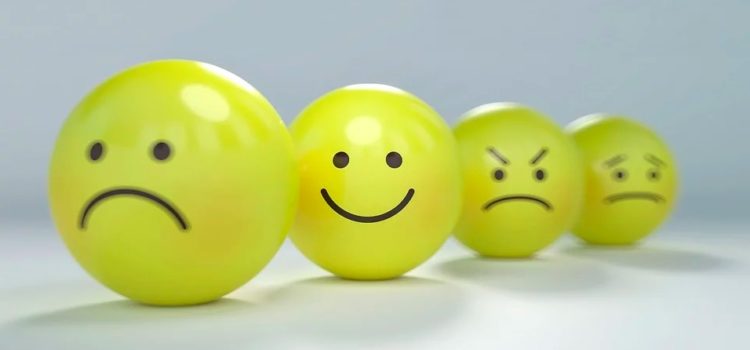

This article is an excerpt from the Shortform book guide to "Homo Deus" by Yuval Noah Harari. Shortform has the world's best summaries and analyses of books you should be reading.
Like this article? Sign up for a free trial here .
What is Gross Domestic Happiness? How is it measured and what can be done to improve the GDH index?
Gross Domestic Happiness is a measure of the overall well-being and life satisfaction of a population. The GDH is measured by collecting ratings of non-economic indicators of well-being (e.g. health, psychological well-being, living standards, etc).
Keep reading to learn about Gross Domestic Happiness and how to improve it.
Redefining Well-Being With Gross Domestic Happiness
Historically, people have pushed aside their personal happiness to serve a “greater” purpose. Originally, this purpose was attached to religion. People were willing to put aside earthly happiness in exchange for eternal happiness. Suffering or dying for one’s religion was often equated to a better place in the afterlife. While more extreme believers still suffer for their religion in the 21st century, most people have moved on from that model of thinking.
In recent history, people’s “greater cause” has shifted to nationalism. People are willing to put aside personal happiness to provide national happiness. While fighting or dying for one’s country is the most direct example of this, nations demand more than just wartime service. They require the economic involvement of their citizens to develop a higher gross domestic product (GDP), or the market value of all services and products created within a nation’s border, because GDP has historically been viewed as the barometer of a nation’s overall success.
However, in the 21st century, we’ve started to value personal happiness over service to a “greater cause.” Because of this, many have started to question the use of GDP as a barometer of success. While it factors in economic strength, it doesn’t factor in the overall happiness of a nation’s populace. Many economists, philosophers, and politicians have pushed for the use of a new barometer: GDH, or gross domestic happiness. Their argument is that a prosperous nation is focused on the happiness of its people, not just the strength of its economy.
For example, in 1985, South Korea was considered a very poor country, but their suicide rates were quite low (nine deaths for every 100,000 citizens). However, as South Korea became an economic powerhouse, their suicide rates almost quadrupled (36 deaths for every 100,000 citizens). Using GDP as the standard, South Korea has become more successful in recent years. However, the increase in suicides suggests that people’s overall happiness may have actually decreased.
As society turns its focus towards gross domestic happiness, researchers have defined two approaches to developing and maintaining happiness—psychology and biochemistry:
1) Psychology: Human happiness depends on personal expectation. Different experiences and lifestyles create different levels of expectation and, therefore, different requirements for happiness. For example, if you’ve unwillingly gone for days without food, you would be overjoyed at the sight of a fast-food burger. However, if you’ve been eating at 5-star restaurants for your entire life, that same fast-food burger may disgust you. Different experiences create a different reaction to the same food offering.
2) Biochemistry: Human happiness is the result of chemical reactions. While these internal reactions may be caused by external factors, the human brain is only responding to the chemical reactions occurring in the body. This is why drug use is common in most areas of the world. It creates the chemical responses without the external stimuli. For example, if you play professional baseball and hit a walk-off grand slam to win the World Series, your body would release chemicals that create a particular sensation. However, this same sensation may be experienced by an average person trying the drug ecstasy for the first time. While the external factors are vastly different, the internal chemical responses may be almost the same.
Humanity currently relies more on biochemical happiness. Prescription drug use is higher than it’s ever been, and the illegal drug market is booming across the globe. Through the scope of economics, governments determine which of these biochemical manipulations are good and which are dangerous:
- “Good” drugs allow citizens to contribute to society and the economy. They typically remove negative sensations and allow citizens to focus on gaining pleasant sensations through life, work, and education. These drugs include solutions for depression, anxiety, and ADHD.
- “Dangerous” drugs prevent citizens from contributing to society and the economy. They typically create pleasant sensations, removing the incentive to find happiness through life, work, or education. These drugs include cocaine, LSD, ecstasy, alcohol, and marijuana.

———End of Preview———
Like what you just read? Read the rest of the world's best book summary and analysis of Yuval Noah Harari's "Homo Deus" at Shortform .
Here's what you'll find in our full Homo Deus summary :
- Why technology is replacing humanist ideals
- How previous generations relied on prayer to deal with serious problems
- How AI and algorithms are going to run the world






